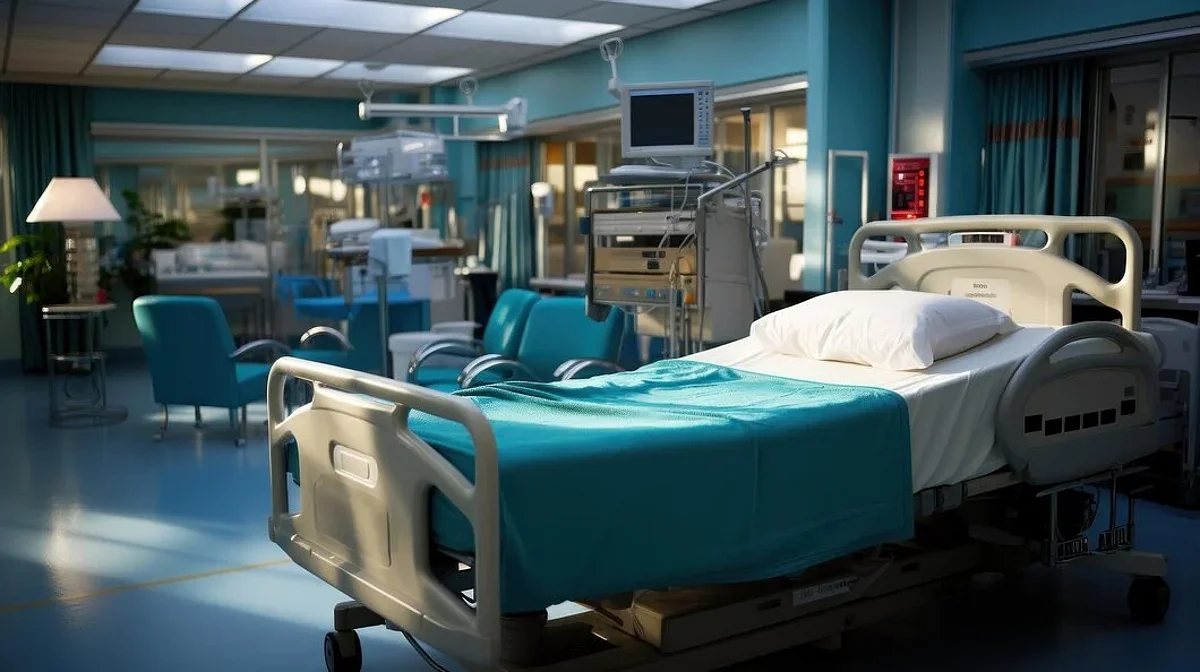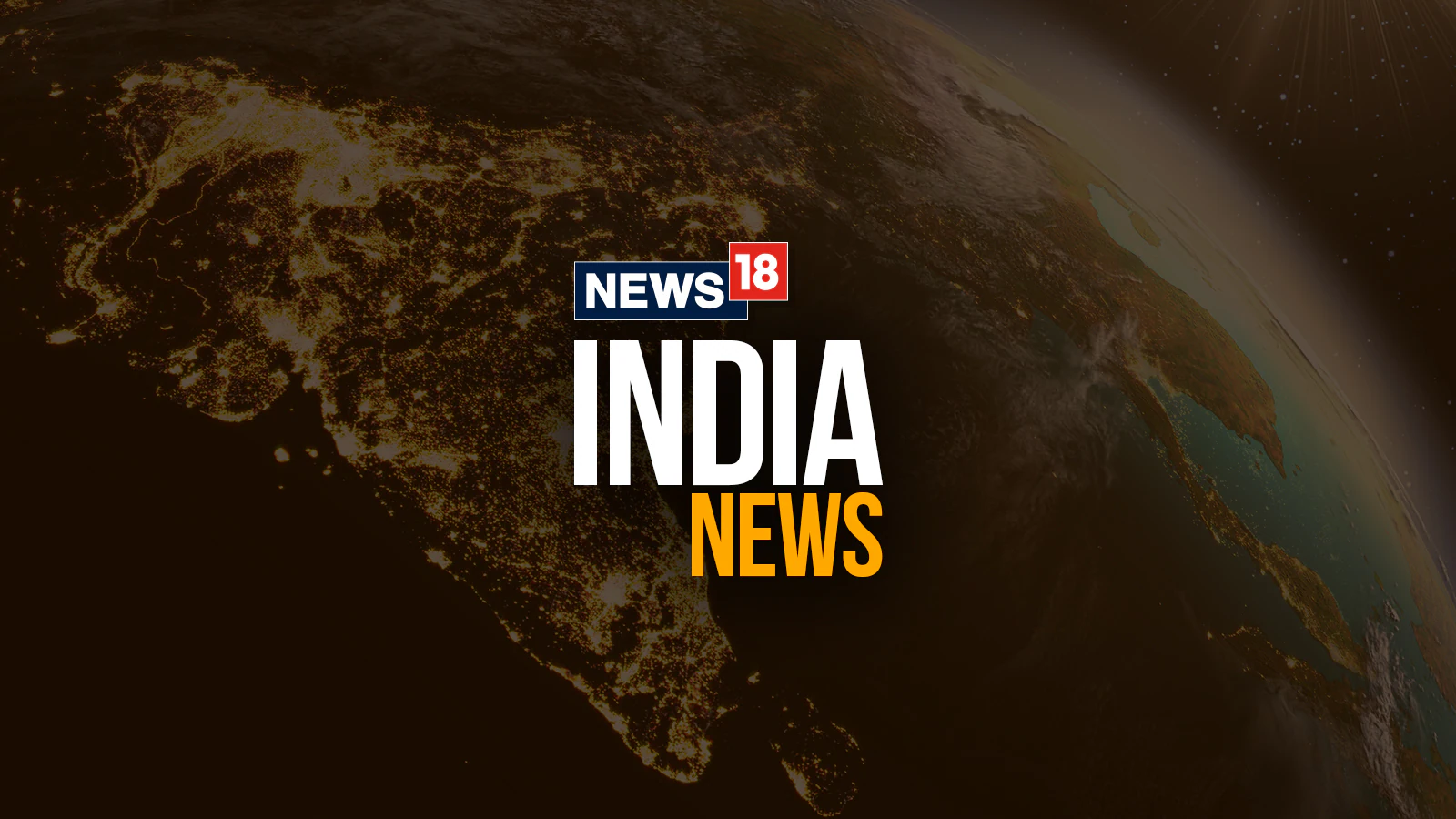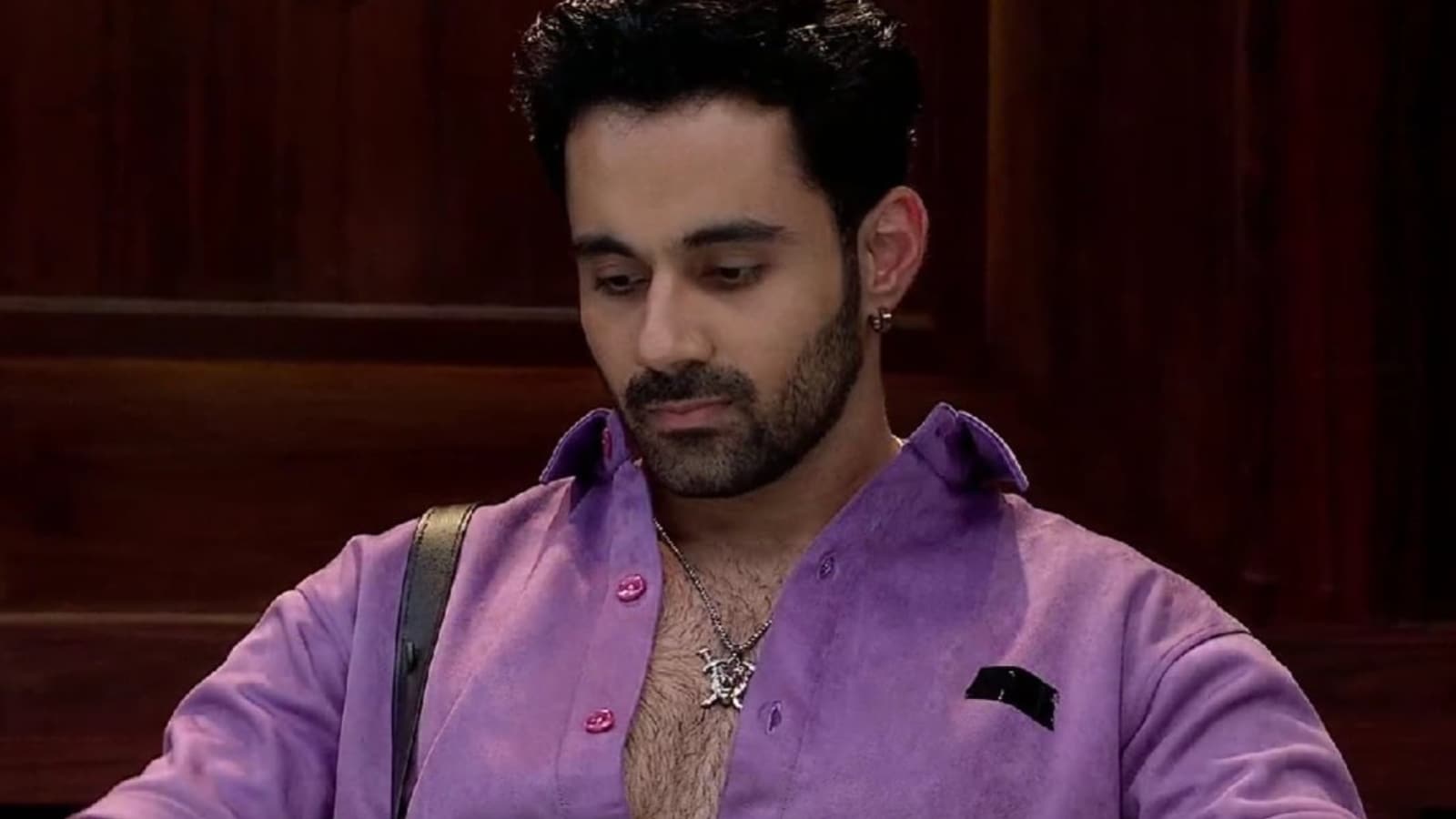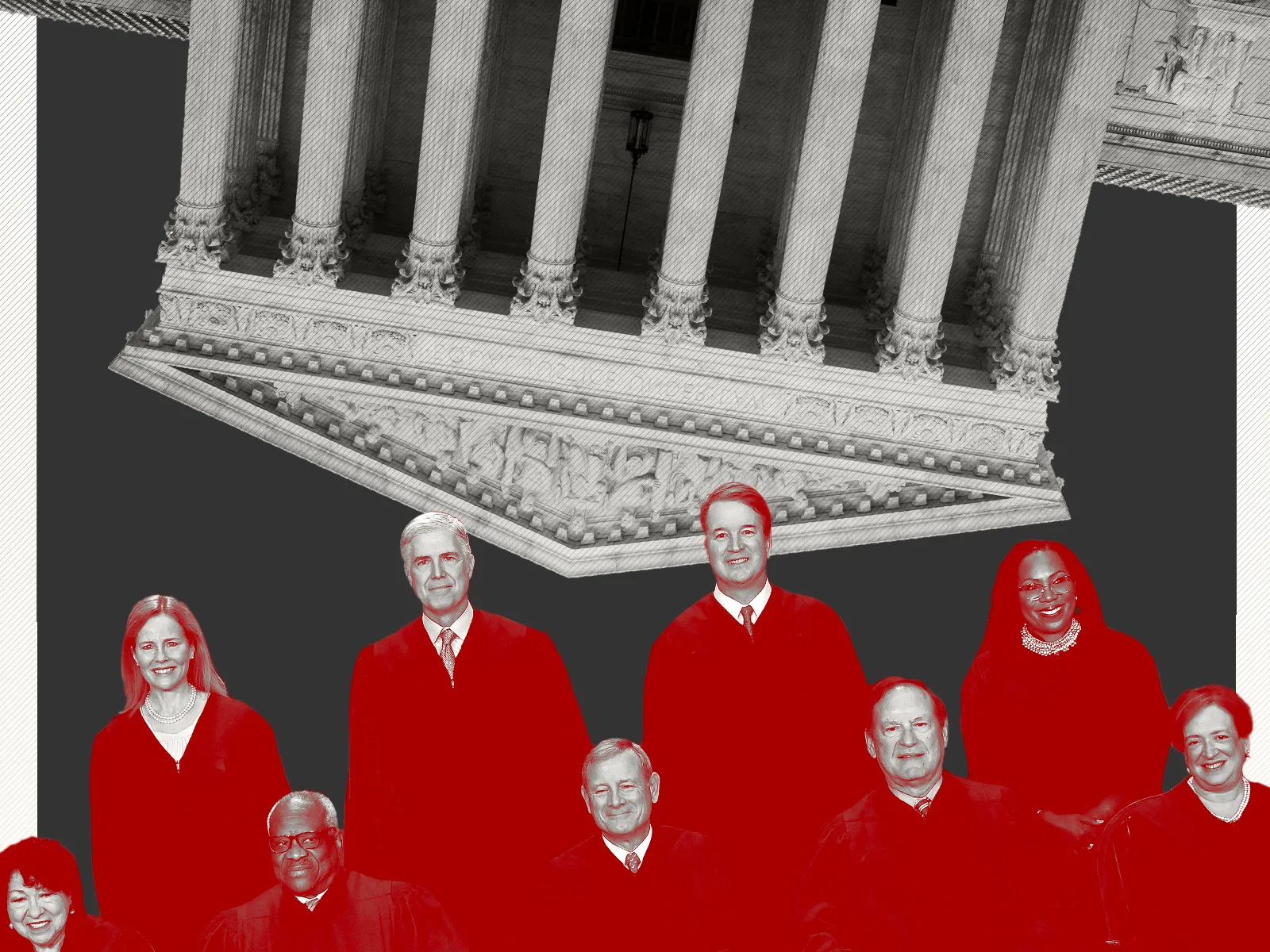By Admin
Copyright thegazette
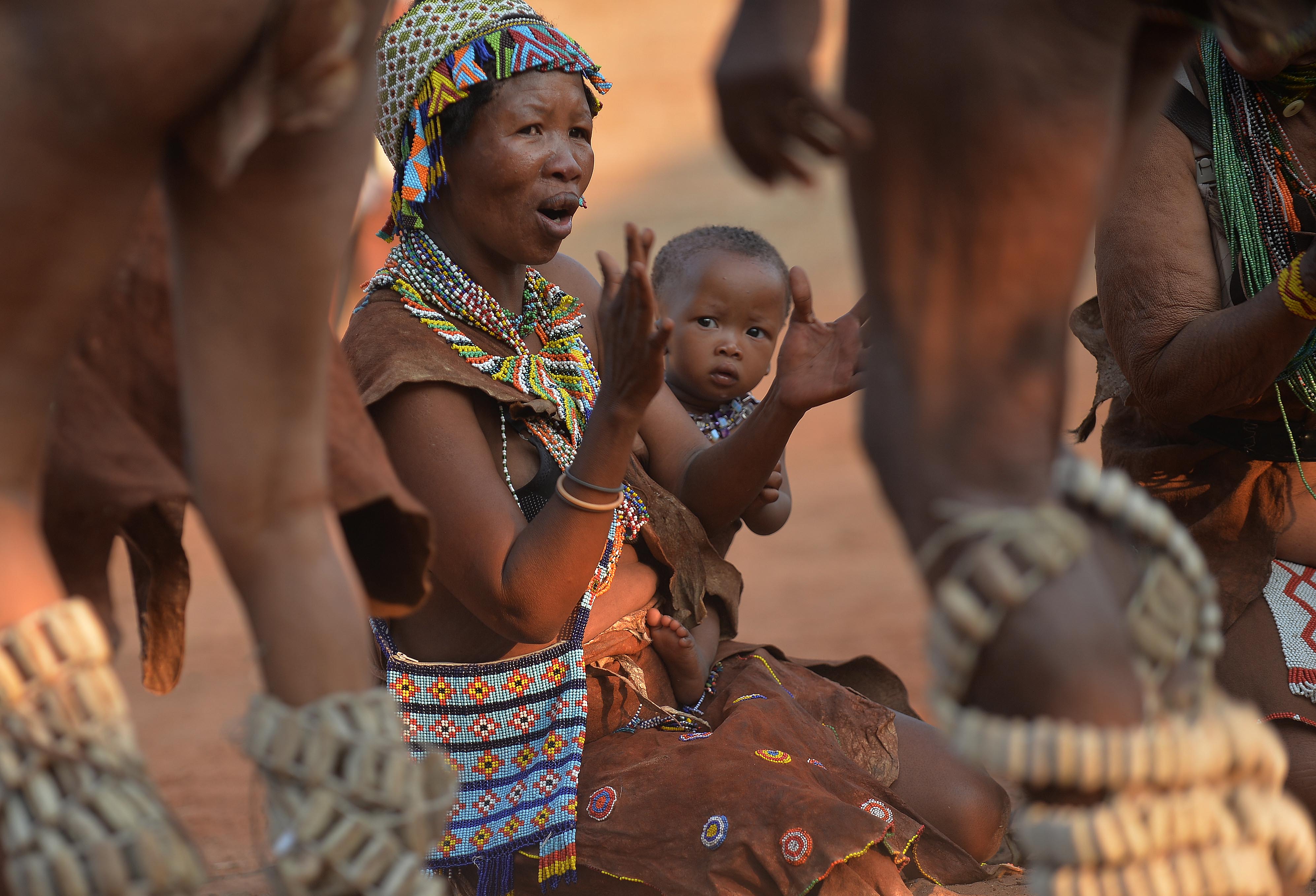
The UN’s new report shines a harsh light on Botswana’s unfinished business with its first people.
A Funeral in the Kalahari
On a hot December day in 2024, President Duma Boko stood in the Central Kalahari Game Reserve (CKGR) as an elder of Botswana’s first people was finally laid to rest on ancestral land. For years, the government had fought the burial of Pitseng Gaoberekwe, forcing his family through court battles and grief. Boko’s decision to grant permission was more than an act of compassion — it was the first sign that a new leadership was ready to face the country’s painful past.
“This marks the end of an era of injustice and the beginning of respect for human rights,” Boko told mourners.
A Report that Cuts Deep
Nine months later, the United Nations Special Rapporteur on the rights of Indigenous Peoples, Dr. Albert Barume, released his findings after a 12-day visit across Botswana. He praised the new government’s openness but warned that Botswana’s first people still live under harsh conditions that rob them of dignity.
“I just ask the Government to restore our dignity,” one community leader told him. “Ninety percent of us cannot provide ourselves with food. Only when you can feed yourself and take care of your children, you consider yourself a human being.”
How We Got Here
Botswana’s first people are the earliest known inhabitants of southern Africa, but their history since independence has been one of dispossession. In the 1990s and early 2000s, thousands were forced out of the CKGR, where they had hunted and gathered for centuries, and moved into resettlement camps. Government officials argued that “they are just like other Batswana” and needed to modernise.
Court rulings in 2006 and 2011 confirmed their right to return to the CKGR and to access water, but implementation was slow and narrow. Many families remained stuck in settlements, living on food rations. Others who returned found no services — no schools, no clinics, no clean water.
Adding to this silencing, Botswana’s Cinematograph Act made it illegal to film or record in the CKGR without a government permit, limiting how journalists and advocates could tell their story. Even lawyers working with Survival International were banned from the country, a sign of how defensive the state had become.
What the UN Found
Dr. Barume’s report shows that the wounds of the past are still open. In education, children of the first people face some of the highest dropout rates. Many are sent to distant hostels where they are bullied and, in some cases, preyed upon by older men. “Young girls are attended by men around the hostels, who give them money and drugs. Therefore, the girls become pregnant,” one girl told him.
Poverty is widespread. Food and water deliveries are irregular. Health clinics are too far away. Many communities described hopelessness that fuels alcohol abuse and violence. Traditional languages are vanishing as young people are forced to abandon their mother tongue at school.
Glimmers of Progress
There are signs of change. The new administration has created an inter-ministerial committee to address these issues and is considering lifting the hunting ban that criminalised traditional practices. Botswana is also weighing ratification of international treaties that would anchor protections in law.
Most importantly, the President has publicly acknowledged the historical injustices suffered by Botswana’s first people. That acknowledgement, long denied by past governments, marks a turning point.
What Must Be Done
The UN expert lists clear priorities. Botswana’s first people must be recognised in the Constitution. Services — schools, clinics, water — must follow those who return to the CKGR. Hostels must be reformed to protect children. Languages must be revived before they disappear. And Botswana’s first people must finally have a voice in the country’s decision-making structures.
Botswana prides itself on being a beacon of democracy in Africa. But true democracy means protecting the rights of the smallest and most vulnerable. For Botswana’s first people, one of humanity’s oldest communities, the time for half-measures is over.
The question remains: after centuries of exclusion and decades of court battles, when will healing begin?
